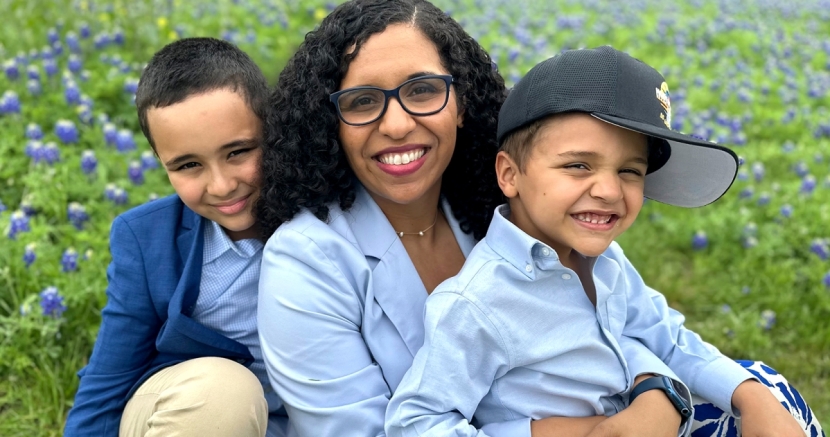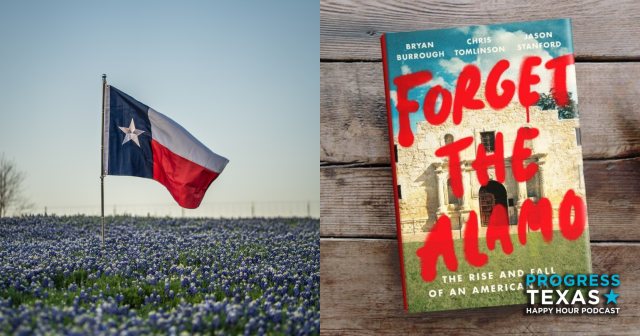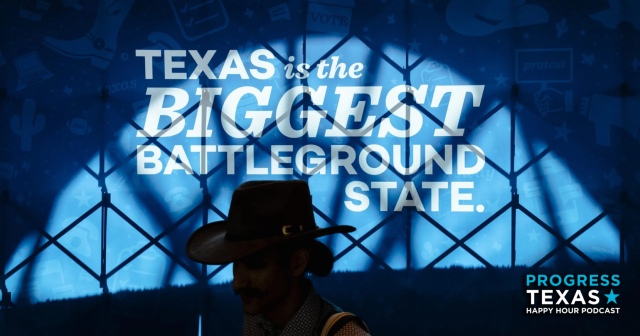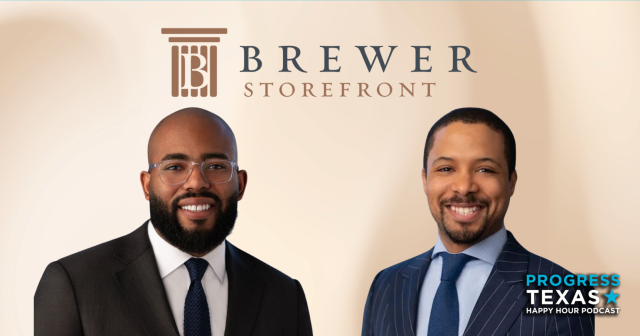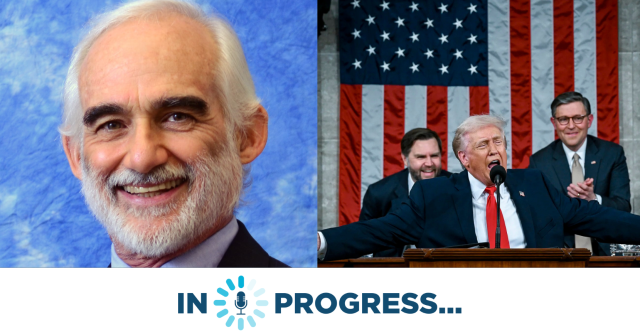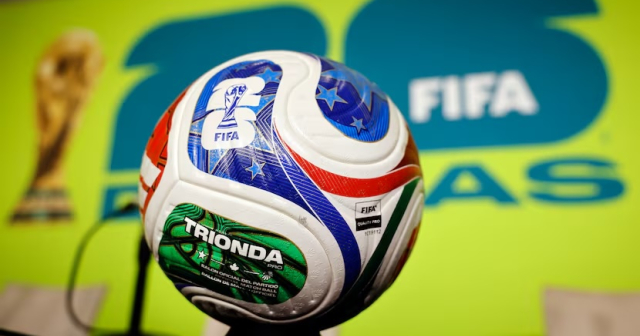A couple of weeks ago, I dropped my 9-year-old off at a sleepaway camp near Weatherford, Texas. His friends had been before and had a great time, so I quieted the usual worst-case scenarios, drove him over an hour away, and left my baby by a beautiful, idyllic lake. Everything looked perfect.
All week, I missed him and hoped he was feeling safe and happy. Thankfully, every picture I received from the camp counselors showed him beaming, not the fake "cheese" smile, but the kind of joy you can't stage. When we picked him up, he was tanner than I expected and a little taller somehow, but healthy and whole. We got to bring our boy home.
I imagine many of the Camp Mystic parents felt something similar: maybe a little apprehension about leaving their children at camp, but comforted by its long-standing good reputation. And I still think that reputation is well-earned.
But here’s what I can’t stop thinking about: the government didn’t do enough to protect those kids. Or the staff. Or the nearby families. Not because the tools didn’t exist, but because they chose not to use them.
Even though officials are calling this a “100-year flood,” we are seeing events like this come more frequently. Climate change is part of the story, but this is also about political choices. The technology to protect flood-prone communities has existed for decades. I’ve seen it in action. During my time as HUD’s Southwest Regional Administrator under President Biden, I oversaw disaster recovery across five states. I saw firsthand how well some Texas communities have prepared. You don’t see them in the headlines, because averted disasters are harder to report on.
But I also saw time and again how state and local leaders chose politics over public safety. They deprioritized rural infrastructure, rejected warning systems, and left families vulnerable. Even when federal disaster mitigation money was on the table.
This isn’t about one camp. It’s about how fragile trust becomes when we leave safety to chance.
I won’t get into Trump’s attempts to defund NOAA or gut disaster recovery… yet. His policies are already beginning to bear dangerous fruit, and there will be plenty of time to hold him accountable. But this flood didn’t need to take so many lives. The failure wasn’t just the rain; it was the refusal to act on decades of available data and the rejection of tools that could’ve saved lives.
We could be doing better. We should be doing better. And until we treat this work with the seriousness it deserves, we’ll keep reliving avoidable tragedies. That’s not just bad governance. It’s negligence.
One thing I couldn’t say while I worked for the executive branch that I can say now: stop voting for people that don’t keep you and your community safe. Politics is not football. Winners and losers are NOT the people whose names are on the ballot (even if we have real emotions over those outcomes). Those winners and losers are you, and your neighbors, and your families, and loved ones you have yet to meet. Choose them when you vote and choose them when you hold your elected officials accountable for the work they do after they get in office.
I am personally sick to my stomach about all of this. I am holding my kids tighter and kissing their snotty, food-covered little faces (no matter how much I get them to wipe). I haven't commented much about the government acts that bother me lately because they are extensive. I am spending intentional time with my family this summer, but this is hitting too close to home for me on too many fronts. It is so important to remember that when people are pointing fingers nationally, we're missing a whole group of people locally who ignore their responsibility to the people they are elected to serve. We love local control, but do we love local accountability?
Candace is a Texas mother, educator, advocate, and former school board trustee. She’s a former Biden White House Appointee to HUD Southwest.
DONATE
Your donation supports our media and helps us keep it free of ads and paywalls.

